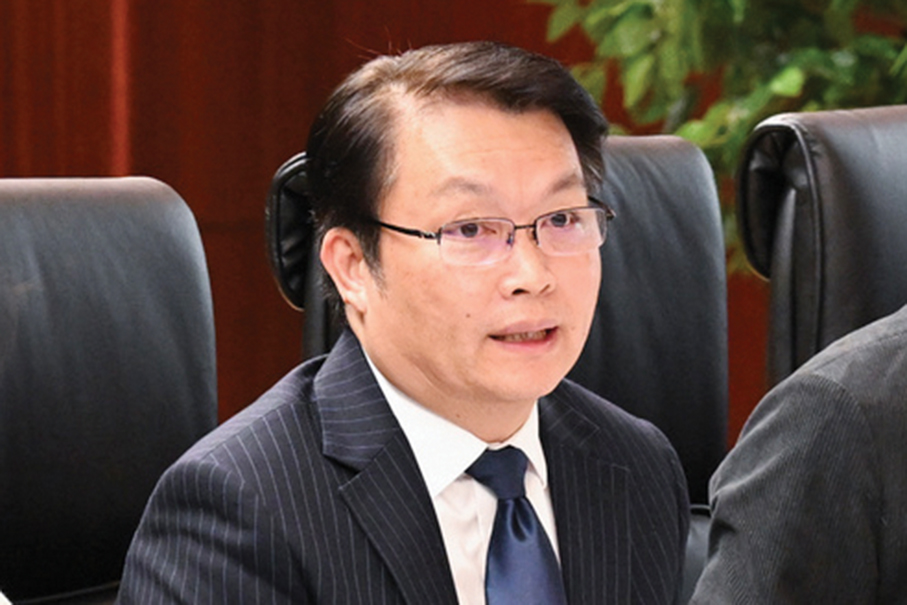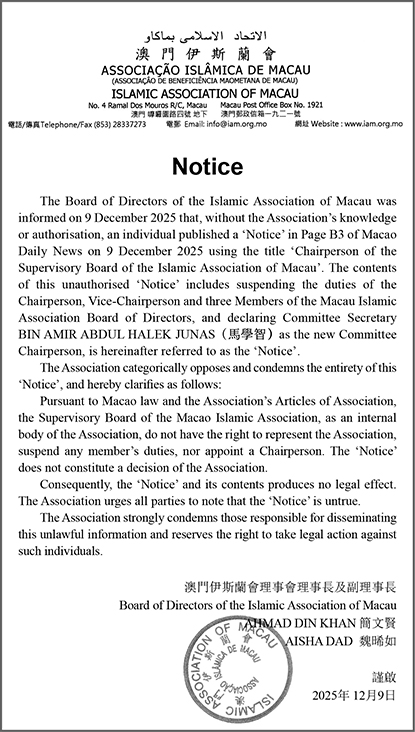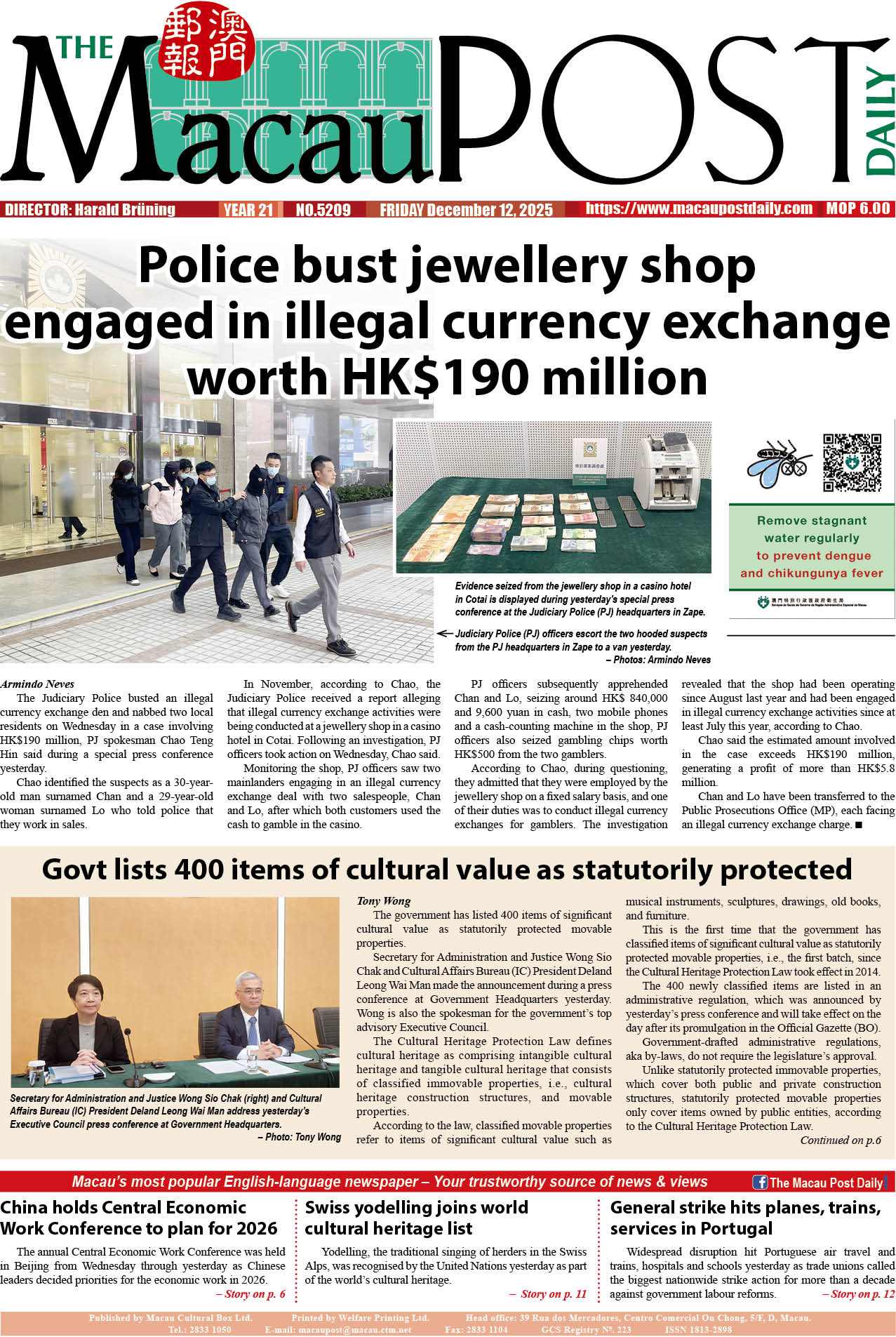The Legislative Assembly (AL) yesterday passed the outline of a government-initiated bill that proposes the establishment of a new public procurement system, aiming to ensure the openness, fairness and impartiality of the government’s acquisition of goods and services and its launch of different kinds of tenders for public construction projects.
The bill also proposes the setting-up of a centralised procurement system run by the Financial Services Bureau (DSF) tasked with the acquisition of consumables, such as stationery and potable water, for all public entities.
Secretary for Economy and Finance Lei Wai Nong introduced the outline of the bill during yesterday’s plenary session in the legislature’s hemicycle.
After yesterday’s passage of its outline, the bill will be passed to one of the legislature’s standing committees for an article-by-article review, after which it will be resubmitted to another plenary session for its second and final debate and article-by-article vote.
The government proposes that the new public procurement law will replace the current public procurement decree law, which came into force in 1985.
During yesterday’s plenary session, Lei noted that Macau enacted an amendment bill in 2021 raising the official minimum threshold amounts listed by the 1985 decree law requiring government officials to launch a public tender for public construction projects and for the government’s acquisition of goods and services.
Lei said that the amendment bill enacted in 2021 was the government’s first step aiming to improve its public procurement system.
For the second and final phase, Lei said, the government is now proposing a new public procurement bill to completely replace the 1985 decree law.
Lei said that the proposed centralised procurement system aims to improve the government’s efficiency in purchasing goods for public entities and to reduce its procurement costs.
In addition, Lei said, the bill also proposes the setting-up of a dedicated website providing members of the general public with important information and details about the government’s public procurement activities.
Meanwhile, yesterday’s plenary session also passed the outline of a government-initiated bill proposing that the Commission Against Corruption (CCAC) will also be tasked with investigating economic crimes, aka financial crimes.

Secretary for Economy and Finance Lei Wai Nong speaks during yesterday’s plenary session in the legislature’s hemicycle. – Photo: GCS










